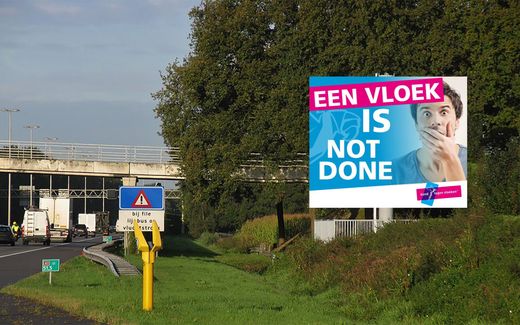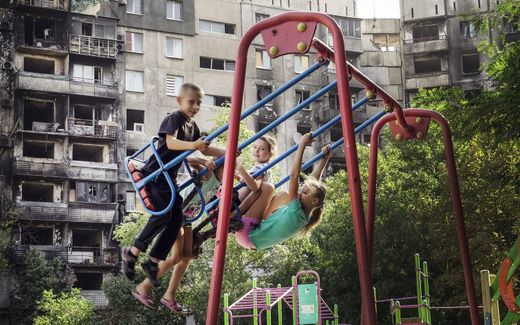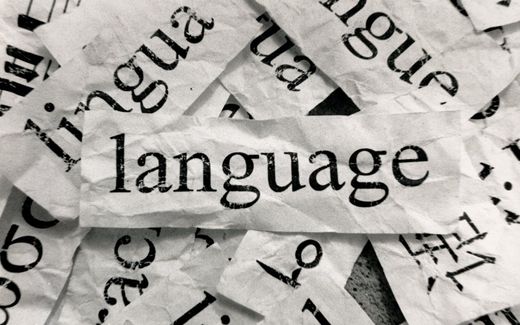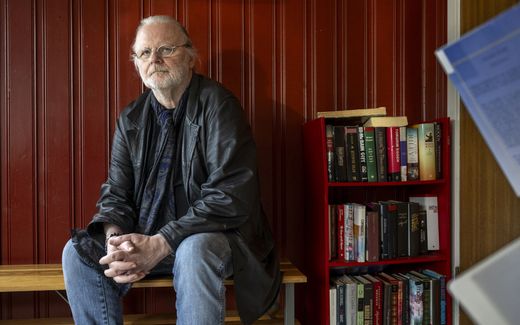Column from Italy: What to do if even leaders use swear words?
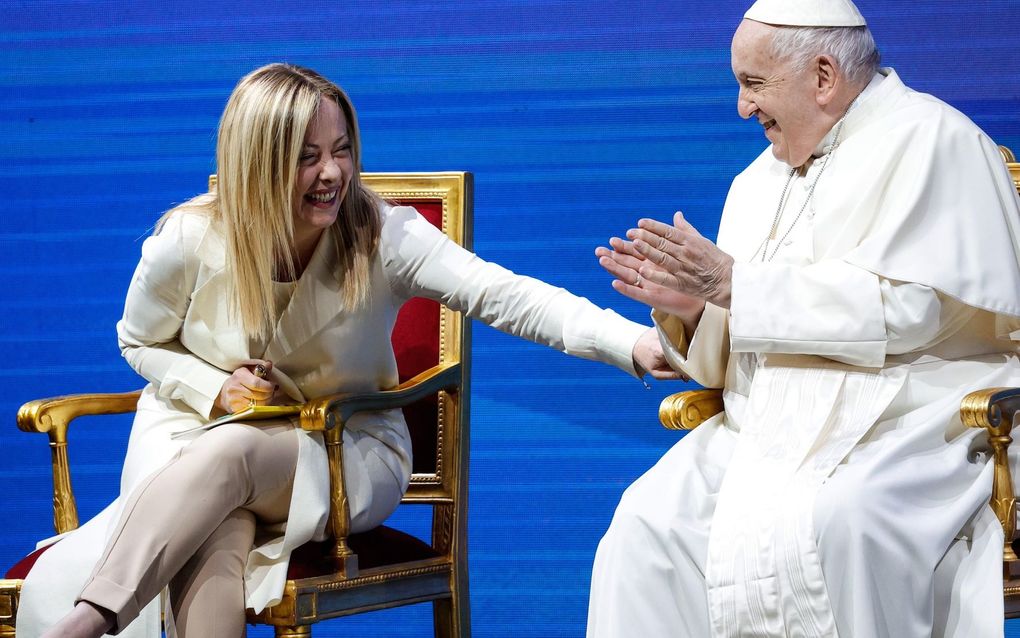
Sorry, Father, what did you say there? Prime Minister Meloni with the Pope. Photo EPA, Giuseppe Lami
Christian Life
It is attractive for politicians to appear authentic. But can they go too far? Chiara Lamberti writes about some examples from Italy.
Over the past week, Italy has been confronted with a language problem. The use of swear words in public discourse, even by the Pope and Prime Minister Giorgia Meloni, has disrupted political and religious life.
The campaign climate for the European elections is very accessible, and politicians are tense. They use every means to reach a consensus, trying to make themselves credible and accessible to the people.
In the Italian public discourse, more and more politicians have adopted a more popular jargon. In recent years, they have used this technique to appear authentic to voters. Increasingly, politicians’ use of social media to connect with their constituents has also simplified the language.
Sometimes, you get the idea that not only the language but also the content has become simplistic. This is not just a characteristic of one political party but has affected both the right and the left.
Despite the understandable communication technique, this week, a leader of the Democratic Party and Prime Minister Giorgia Meloni had an unpleasant discussion in which there was no lack of vulgar and inappropriate words that tend never to enter the public and institutional language.
There have been earlier incidents in which parliamentarians have used foul language. However, the way the Prime Minister incorporated it into her cold communication technique affected public opinion.
In addition to politics, statements by the Roman Catholic Cardinal Fernandez, Prefect of the Congregation for the Doctrine of the Faith, and Pope Francis have also emerged.
The former, in a public press conference, used a decidedly inappropriate word while speaking about theological concepts. And the Pope ended up in a media storm for using a derogatory term toward the problem of homosexuality that often arises in seminaries.

Even though it was made behind closed doors among bishops, the Pope’s statement caused a stir. Both because of its content, which was attacked by the LGBTQ+ community, and because of the decidedly vulgar term with which the Pope referred to this “problem to be solved”.
It is well known that even the Catholic Church has changed its approach to language in recent years, and Pope Francis’s papacy has made a strong effort to use language that seems close to the people. But now that there are even cases of inappropriate language use, is it still legitimate?
The question remains open for both politics and religion. Is the use of profanity in these areas justified?
Personally, I think it is not justified for at least two reasons.
First, language is a very important part of how cultures are formed, shaped, and directed. A vulgar culture with an unkempt language is a sign of a decadent culture.
Then, the Bible gives importance to language. Matthew 12 says that language reveals what is in the hearts. James talks about the importance of using language well. Used badly, it does a lot of damage.
So, despite the decadence of the political class and the breakdown of some religious people, the challenge as Christians is to maintain a language that honours God.
Related Articles


